“Aftersun” is told from an 11-year-old’s perspective during a cheap getaway vacation in Turkey with her father. Written and directed by Charlotte Wells, the film focuses on the relationship between a father, Calum, played by Paul Mescal, known for “Normal People,” and his daughter, Sophie, played by Frankie Corio. It premiered at the New York Film Festival in October.
Sophie and her father bring a camera on the trip to document their vacation and Wells uses brilliant cinematography of both Calum’s camera and the film’s camera to capture the shots in a humane and vulnerable way. Sophie mainly holds the camera when recording the vacation and her shaky hands give a family home video feel.
Calum is a single divorced dad who is lost in his age. He lazily looks for new jobs, quickly shuffling from one to another. He opens a cafe with a friend and then switches to starting a business he barely knows about with another friend.
Because the film is seen through the perspective of Sophie, viewers have no concrete idea why Calum is unsettled. As Sophie is recording a conversation with her father in the hotel room, she asks him about his 11th birthday and what he did to celebrate. His emotions turn bare and he asks her to turn off the camera and then confesses. He explains that his parents forgot and then brought him to a toy store. Small hints like this let the audience know that Calum’s history is complicated. These complications are not explicitly developed, but the story does not need excess explanation.
Similar to the Montagues and Capulets in “Romeo and Juliet,” readers are aware that the two families hate one another but the exact issues behind the feud are not mentioned because the story doesn’t need the explanation. Calum’s struggles are simply struggles. The story revolves around Sophie. Since the film is seen through Sophie’s understanding of the world, she does not know the real problems Calum is facing, only that he is facing them.
Sophie asks Calum what he wanted to be when he grew up. Calum had no answer. Through only his facial expressions, the audience can infer that Calum wanted something greater for his life. It didn’t turn out the way he had hoped, and he wanted more for his child. Calum pushes for a different life for Sophie, even going as far as getting a place where she can have her own room, as Sophie currently lives with her mother.
Calum and Sophie are in a rug shop where Calum falls in love with a rug with a Middle Eastern design pattern. Calum’s connection with the rug falls within his journey to restore peace in his life. In the hotel room, viewers see books on meditation and relaxation, even Tai Chi. He may believe that this rug can help him find a greater calmness.
The shopkeeper says that it’s $850, which is too expensive for Calum, so he and Sophie leave. In a later scene Calum has returned to the store to buy the rug. The shopkeeper leaves and Calum immediately falls into the rug, soaking up its glory, and the scene cuts. The audience can see that Calum is instantly relieved as soon as he hits the rug. The relationship between the rug and meditation is only the first layer of symbolism. The deeper meaning, and how it fits into Sophie’s story, is revealed towards the film’s conclusion, in which the rug has more to do with Sophie than Calum.
But the film isn’t just about Calum. Sophie is a precocious child who is easily able to pick up on social cues that a child of her age might not typically be aware of. She sees Calum struggling with money and with life but since she is still a child, she does not understand why. She even goes as far as copying Calum’s actions like crossing her arms or sitting a certain way while staring at him, as if she needs to act like him to understand him better.
The film explores Sophie’s adolescent curiosity as an intelligent child of only 11 years old. She examines femininity, sexuality, and suffering.
Sophie meets new acquaintances at the resort including a boy around her age, Michael, who she plays arcade games with and eventually kisses. A group of horny teenagers who drink all day and play pool when they are not making out by the pool are also staying at the resort. They let Sophie hang out with them even though she is younger, but they still try to protect her innocence by covering her eyes when a couple is kissing.
Sophie becomes curious about sexual interactions, primarily regarding women. In the bathroom, she peaks through a keyhole to spy on other teenage girls talking about oral sex. She is interested in the conversation because this is a new dimension of teenage life.
Sophie’s character also dresses more boyish except when she is wearing a dress to dinner, the same dress every night. She also wears a bathing suit underneath her dress which can be seen as a cry for adulthood. Sophie wants to grow up and the bathing suit is a symbol of a bra, something that secures her own femininity but also something she is physically too young for.
The audience can infer that Sophie has only witnessed heterosexual relationships in her life. After hearing the girls in the bathroom, she almost immediately catches feelings for the next boy she sees, Michael. She isn’t aware of homosexuality until she sees two boys from the friend group kissing in secret under a dark passageway.
Calum and Sophie’s relationship is more than a father-daughter relationship. Calum treats her like a friend. Calum lets her know about his love life and she does the same, telling him that she kissed Michael. His fatherly instinct still creeps up when he explains that she can tell him anything she wants. Calum, a dull father who is exhausted all the time, still cares for Sophie and wants her to have a better life than his.
Flashforward to the present, viewers see an adult version of Sophie, played by Celia Rowlson-Hall, laying in bed with her supposed wife. The audience now understands her adolescent curiosity regarding the female experience. When she gets up, the rug that Calum bought is the same rug under her bed. The rug parallels Sophie’s younger self, mimicking Calum. She uses the rug as a way of understanding Calum’s struggles. Viewers can also see that Sophie is now struggling herself, especially by hearing a baby cry in the background. The rug may also indicate peace and relaxation for Sophie, just as it did for Calum.
Throughout the film, there are short scenes of flashing lights and Calum dancing. It looks like a club scene. During these club scenes, a woman is looking at Calum and trying to reach him from the other side of the club. In desperate need, she pushes and shoves her way to him, not ever reaching him until the very end of the film.
Eventually, the woman is revealed as Sophie’s adult self. She reaches Calum and hugs him. He starts to cry and this is the point where Sophie’s real maturation is shown. She reflects on the no-frills vacation and understands the challenges of raising a child like her father faced. As an adult, she understands the frustration and problems he faced, as she has her own child now.
“Aftersun” is beautifully written. The script is stubborn and intricate, only giving the audience bits and pieces of information viewers need to understand and figure out themselves. But what Wells does perfectly is depict the verbiage and knowledge of a child. The audience has to understand the film and scenes as a child would. Sophie’s curiosity enters the scenes by her asking inferential questions that are led by her deduced conclusions.
This is Charlotte Wells’ first feature film after doing a series of short films. So far “Aftersun” has won three awards at multiple film festivals across the country.

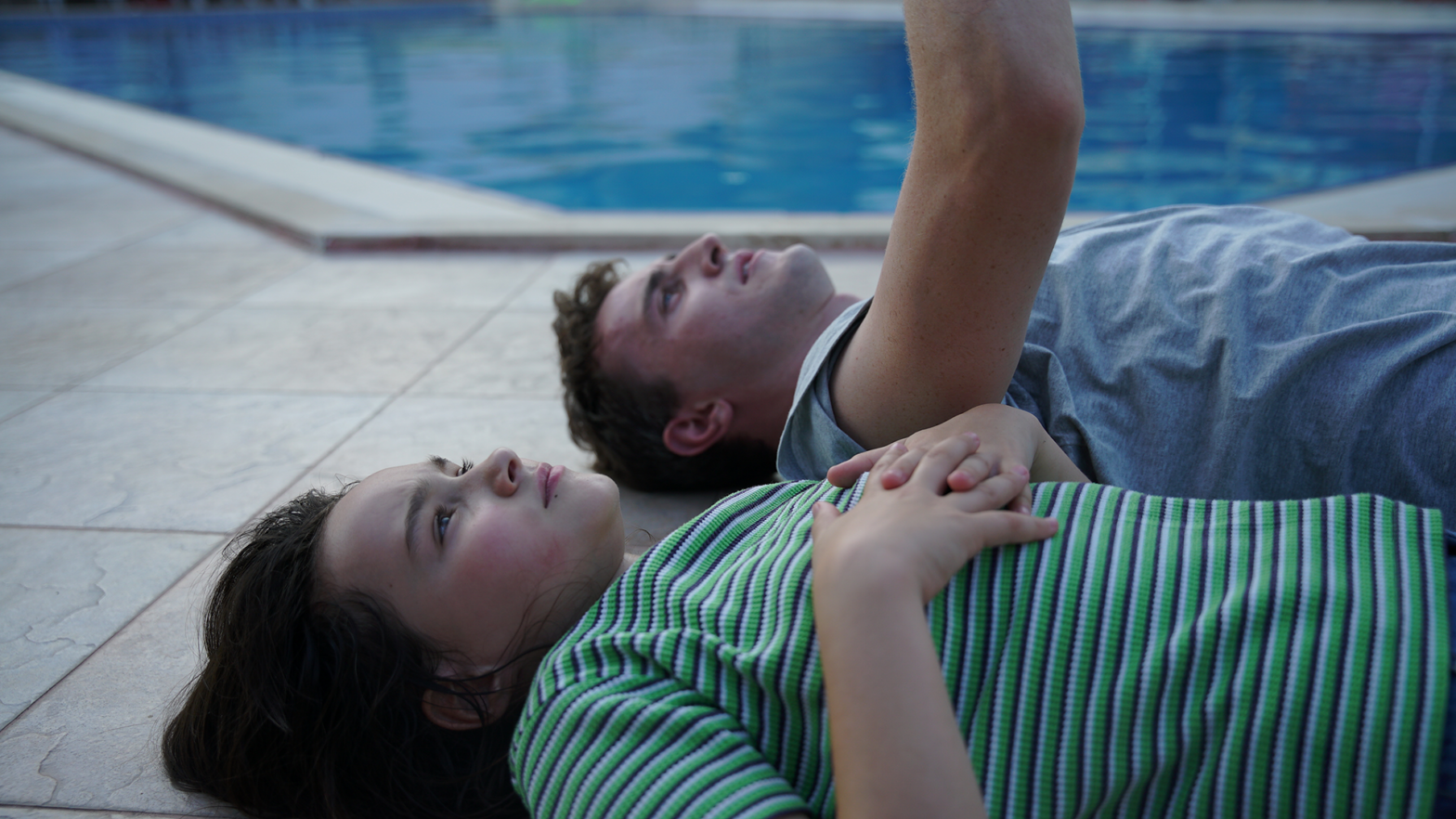
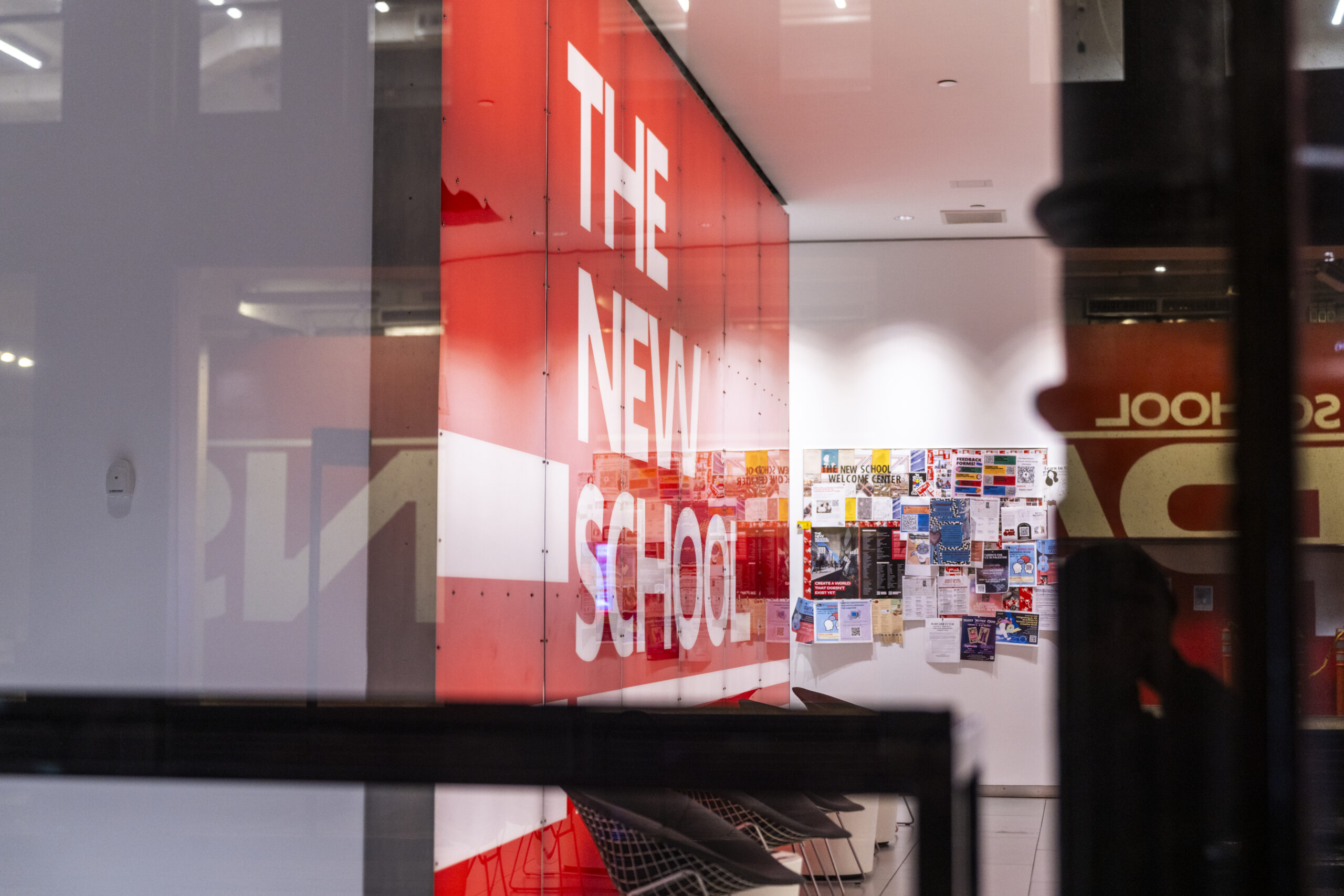

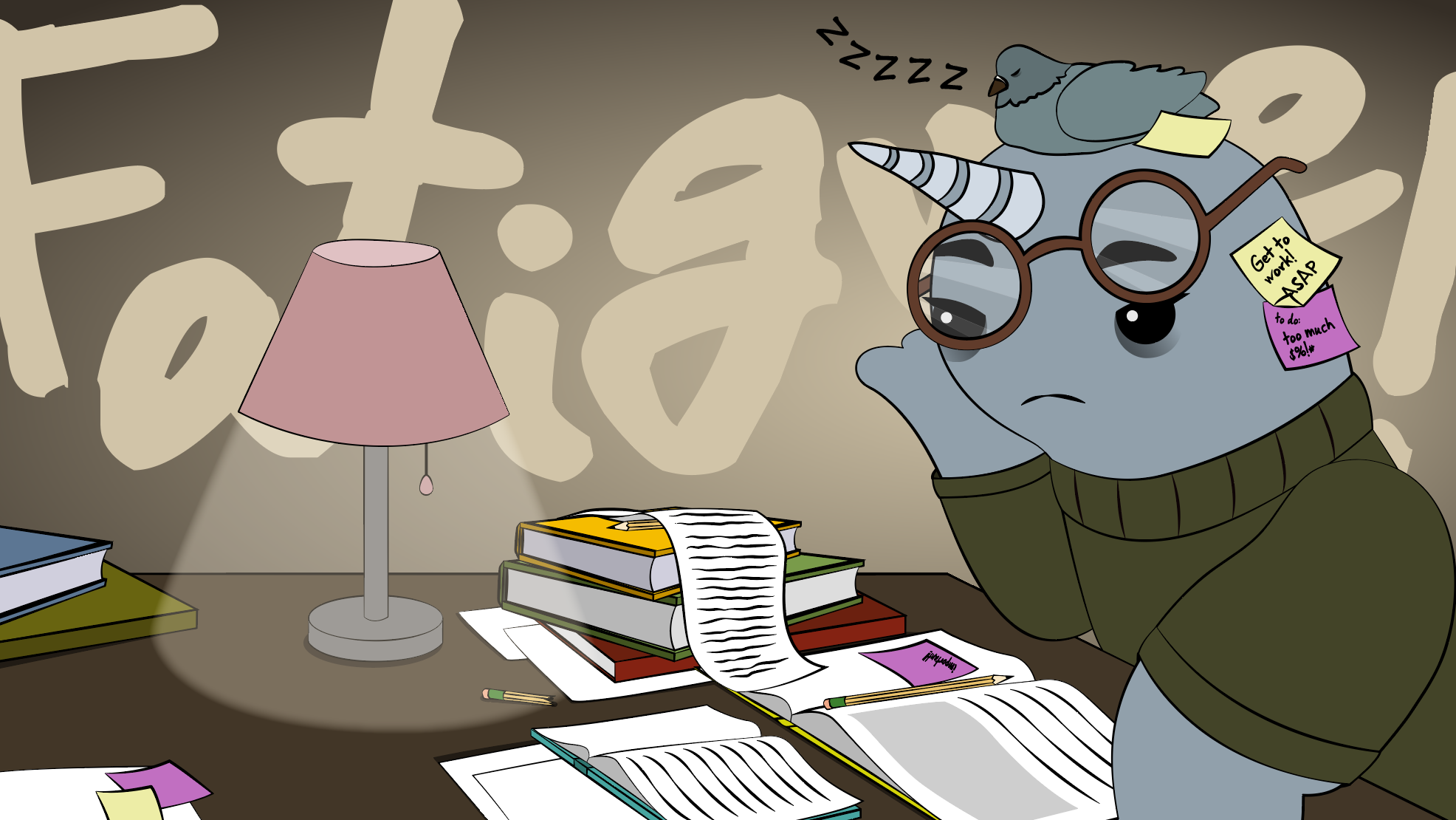
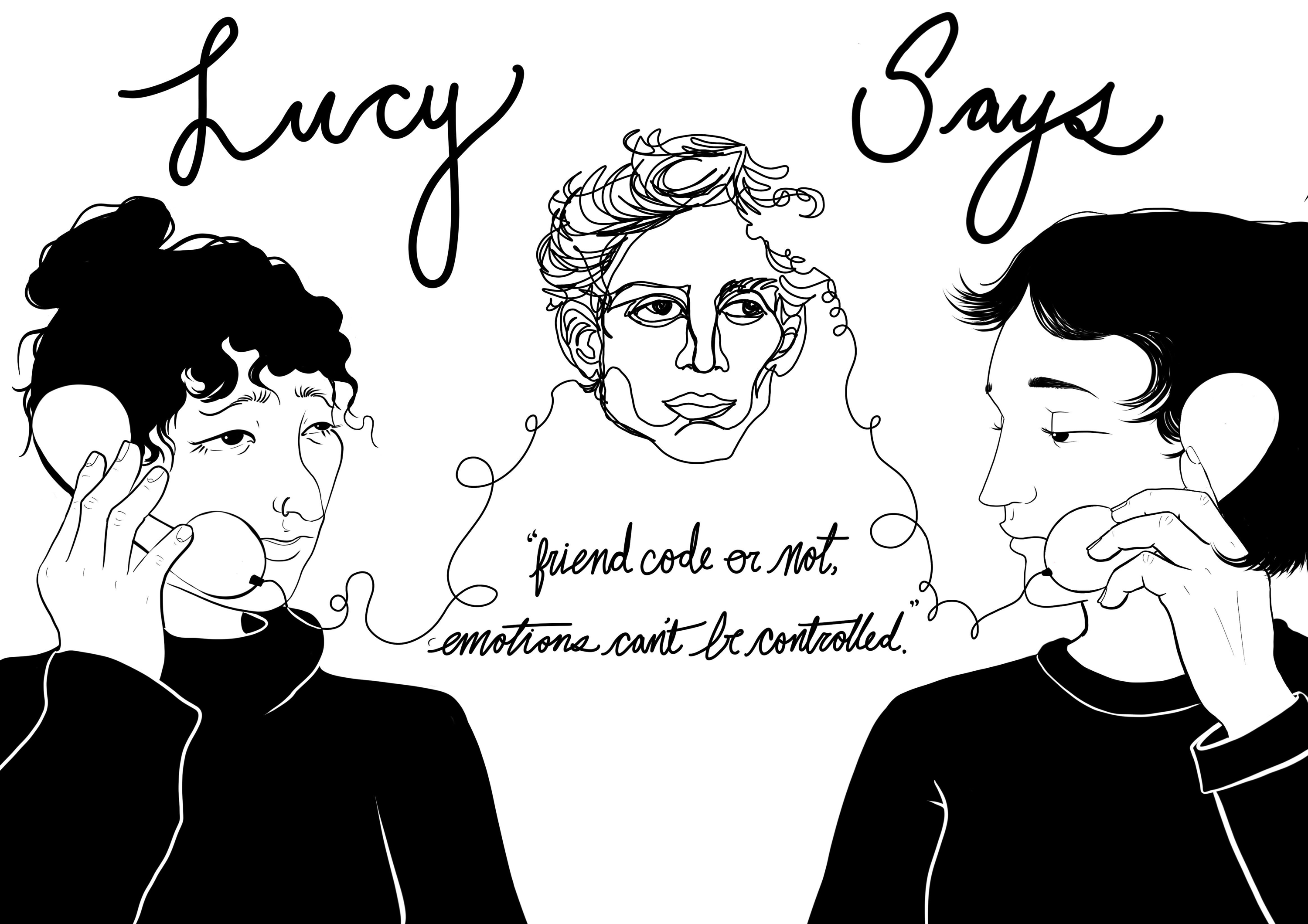
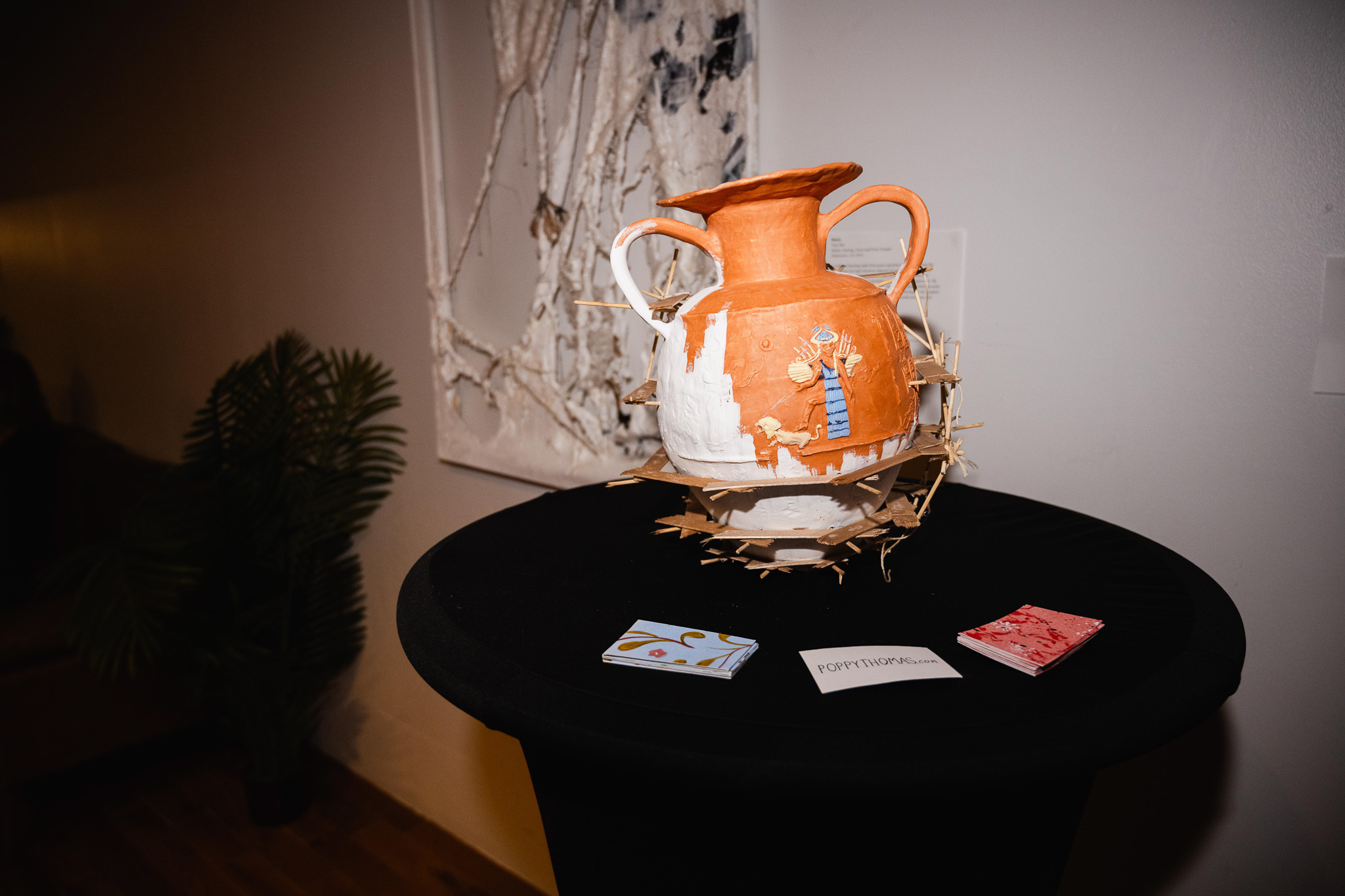

Leave a Reply